We believed, with reason, in 2006 that we had reached a turning point in Slovak-Hungarian relations through our common Catholic faith. The presidency of each country’s Bishop’s Conferences signed a joint statement in Esztergom, expressing, in essence: “we forgive, and we apologize”. However, this ceremonial gesture was not followed by any visible changes. Yet, the words of Jesus could be valid here too: “unless a grain of wheat falls into the earth and dies, it remains alone; but if it dies, it bears much fruit”. (John 12:24) A decade and a half has passed during which at times, we thought these seeds may have sprouted. Since September 18th however, we feel that we have reached a breakthrough: Archbishop Jan Orosch of Trnava (Nagyszombat) spoke in favor of the canonization of the Hungarian Count János Esterházy.
Thus far, Slovakia has not seemed very happy that, on the initiative of Poland, their country can enrich themselves with another religious role. The very fact that they did not initiate the canonization process – which was a possibility for them due to Esterházy’s birthplace – indicates their resistance. Esterházy died a martyr in the Czech Republic; the bishop responsible for Esterházy’s beatification only contributed to the affair by allowing the Krakow initiative. Slovak politics on the other hand, directly tried to stop the process.
It is difficult to imagine the dangers they see in anointing Esterházy a saint. Those responsible for his wrongful imprisonment are no longer alive. As if some sort of “calculated fear” has infiltrated the Slovak public’s mindset – even though important figures have stood out to defend Esterházy. Take for example František Mikloško, former Speaker of the Slovak National Council, Dagmar Babčanova, former ambassador to the Vatican, or Ján Čarnogurský, former Prime Minister of Slovakia, who, while Minister of Justice, stated that Esterházy’s conviction had no legal basis. But none of this was enough to motivate Bratislava (Pozsony) to launch its rehabilitation procedure which is performed for all those illegitimately convicted.
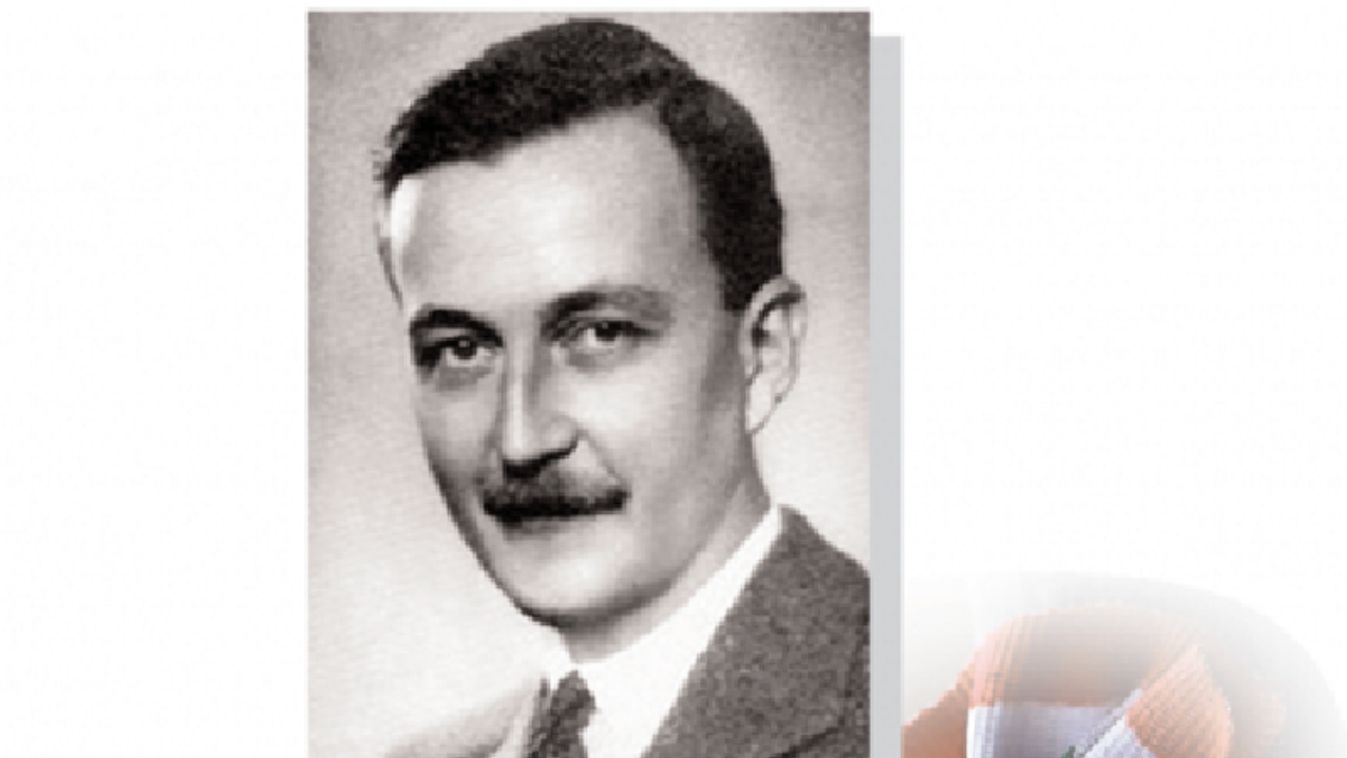
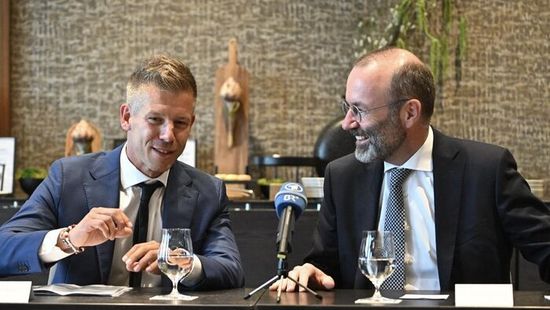

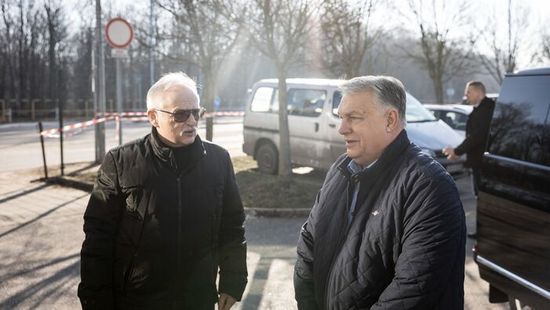


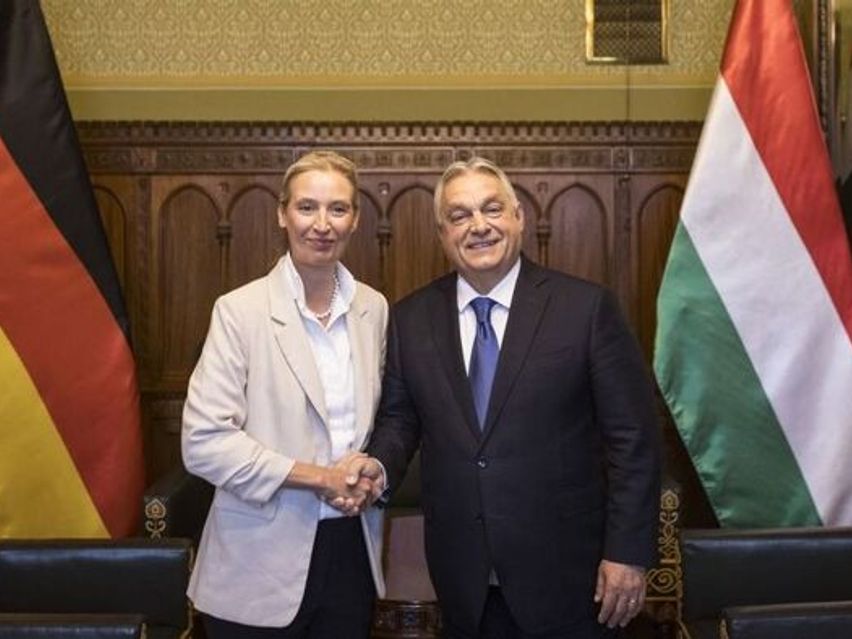
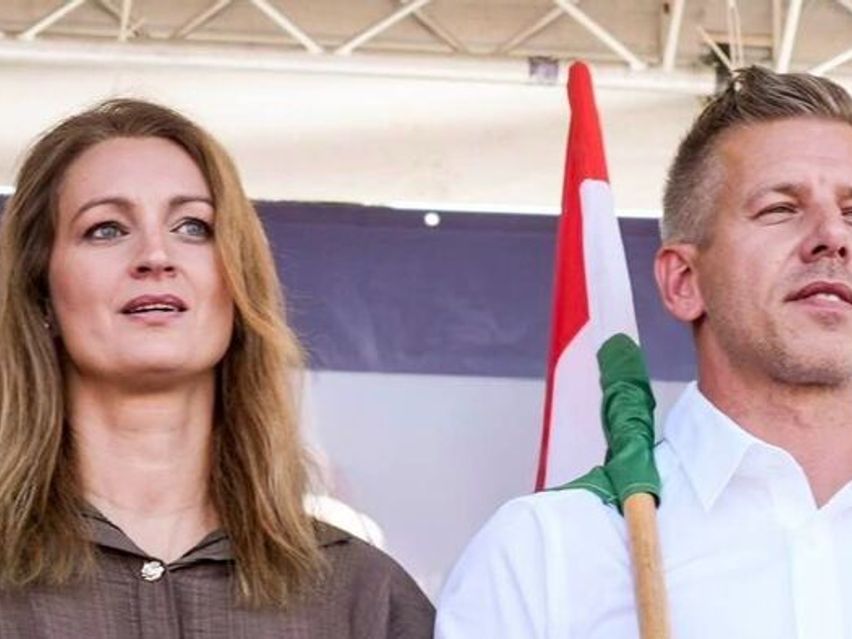
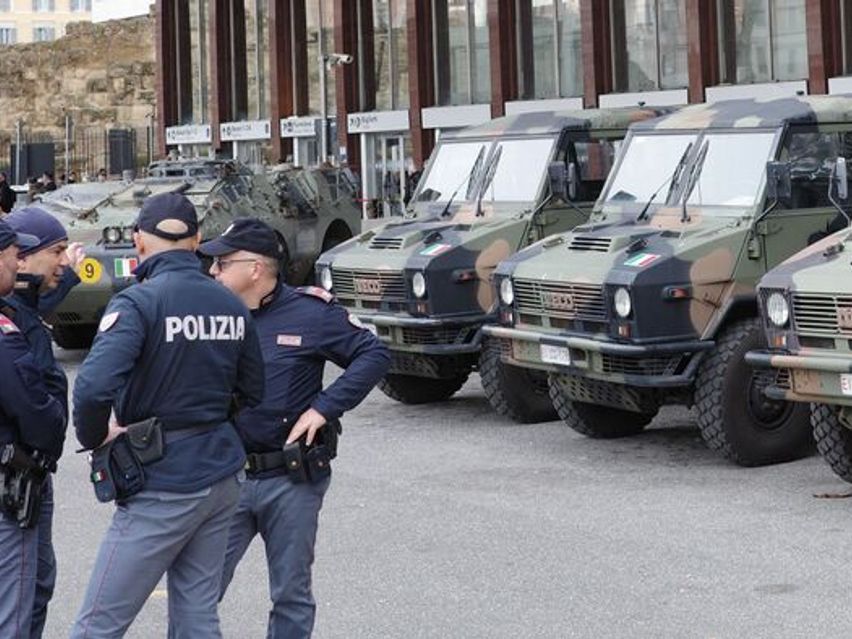
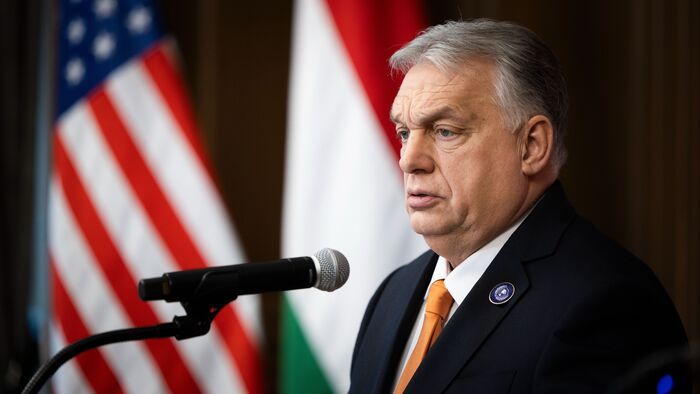





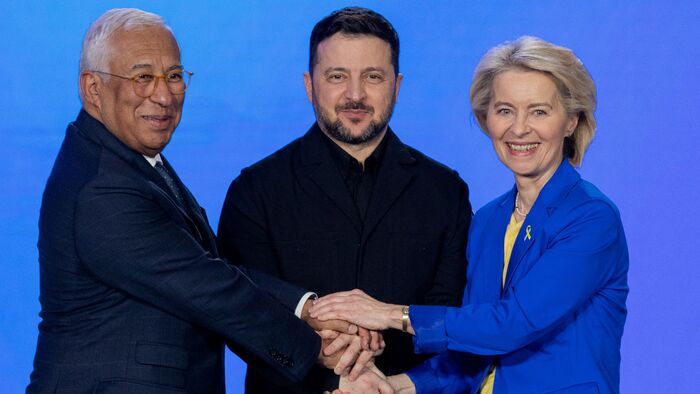
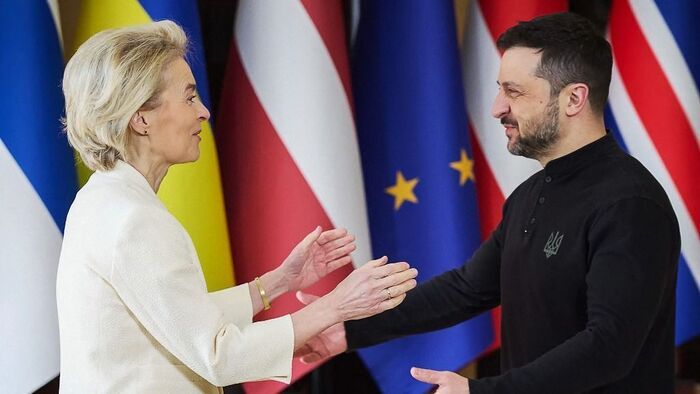
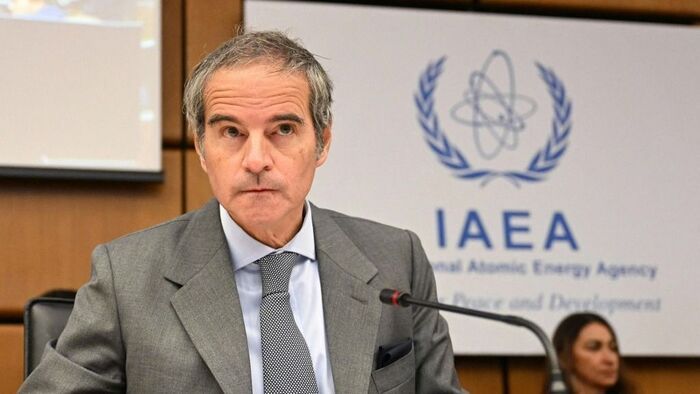


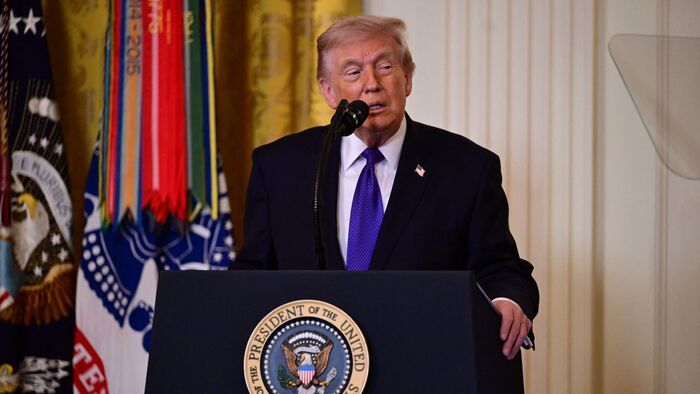


Szóljon hozzá!
Jelenleg csak a hozzászólások egy kis részét látja. Hozzászóláshoz és a további kommentek megtekintéséhez lépjen be, vagy regisztráljon!